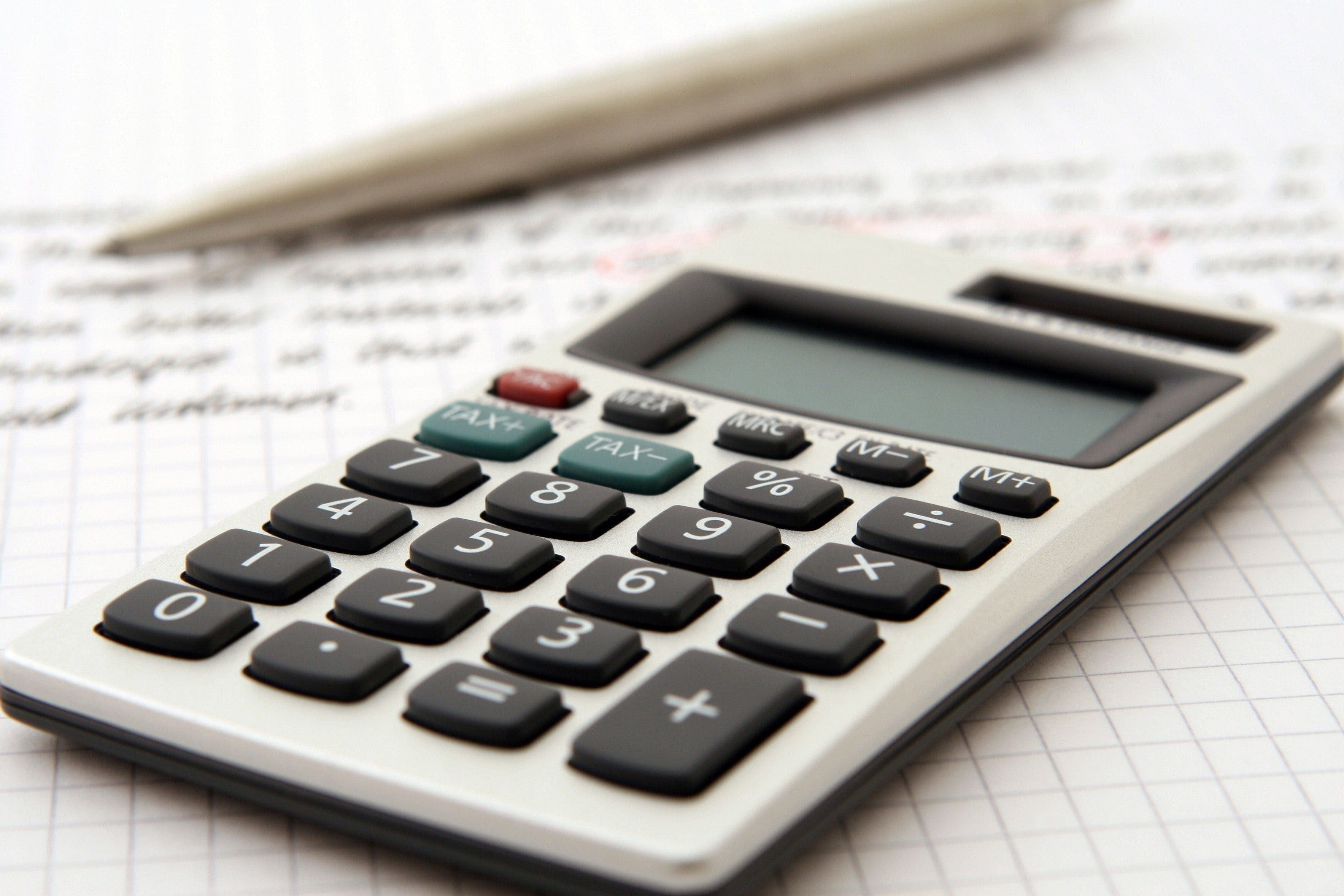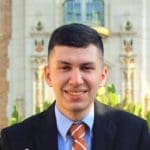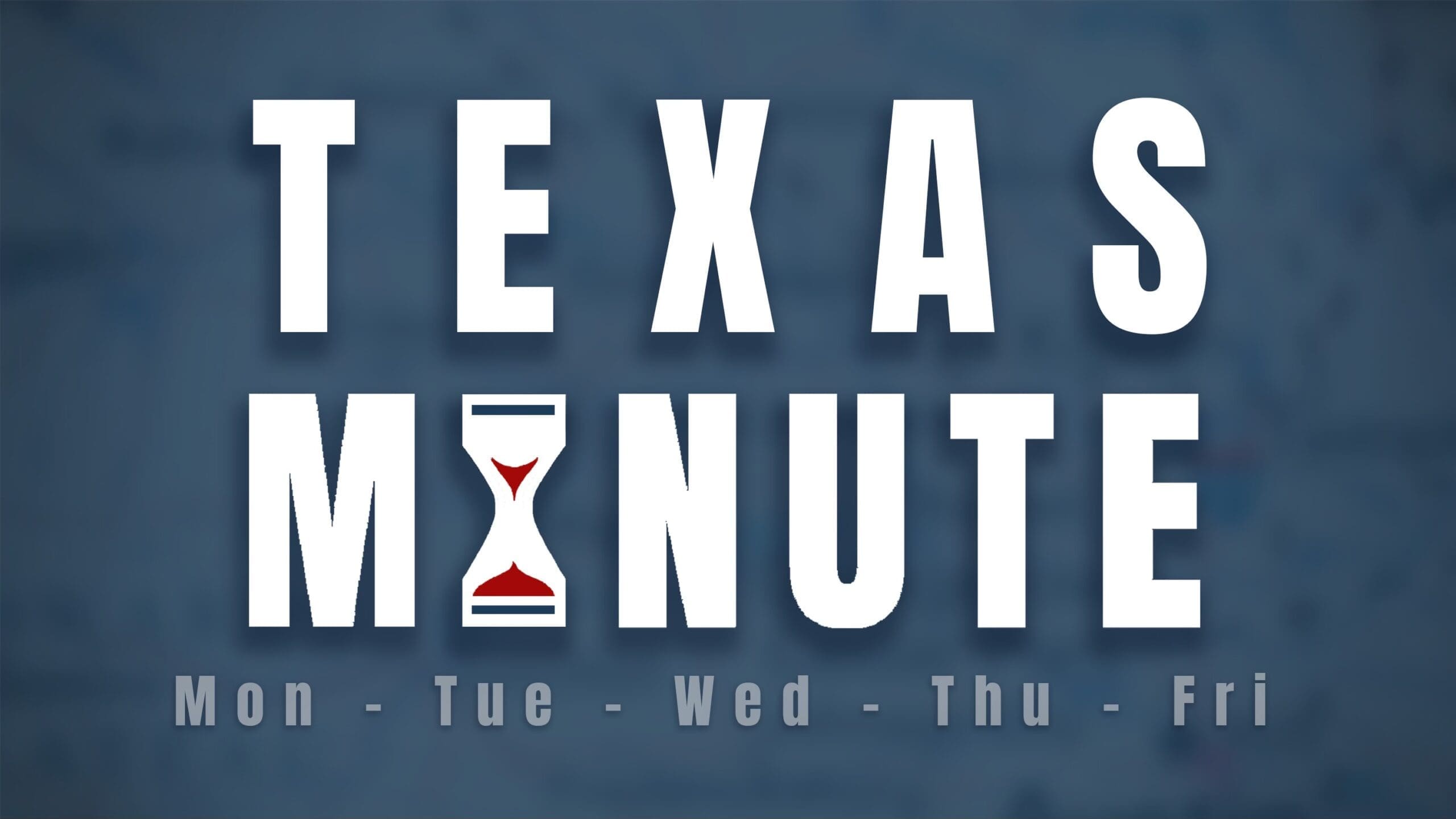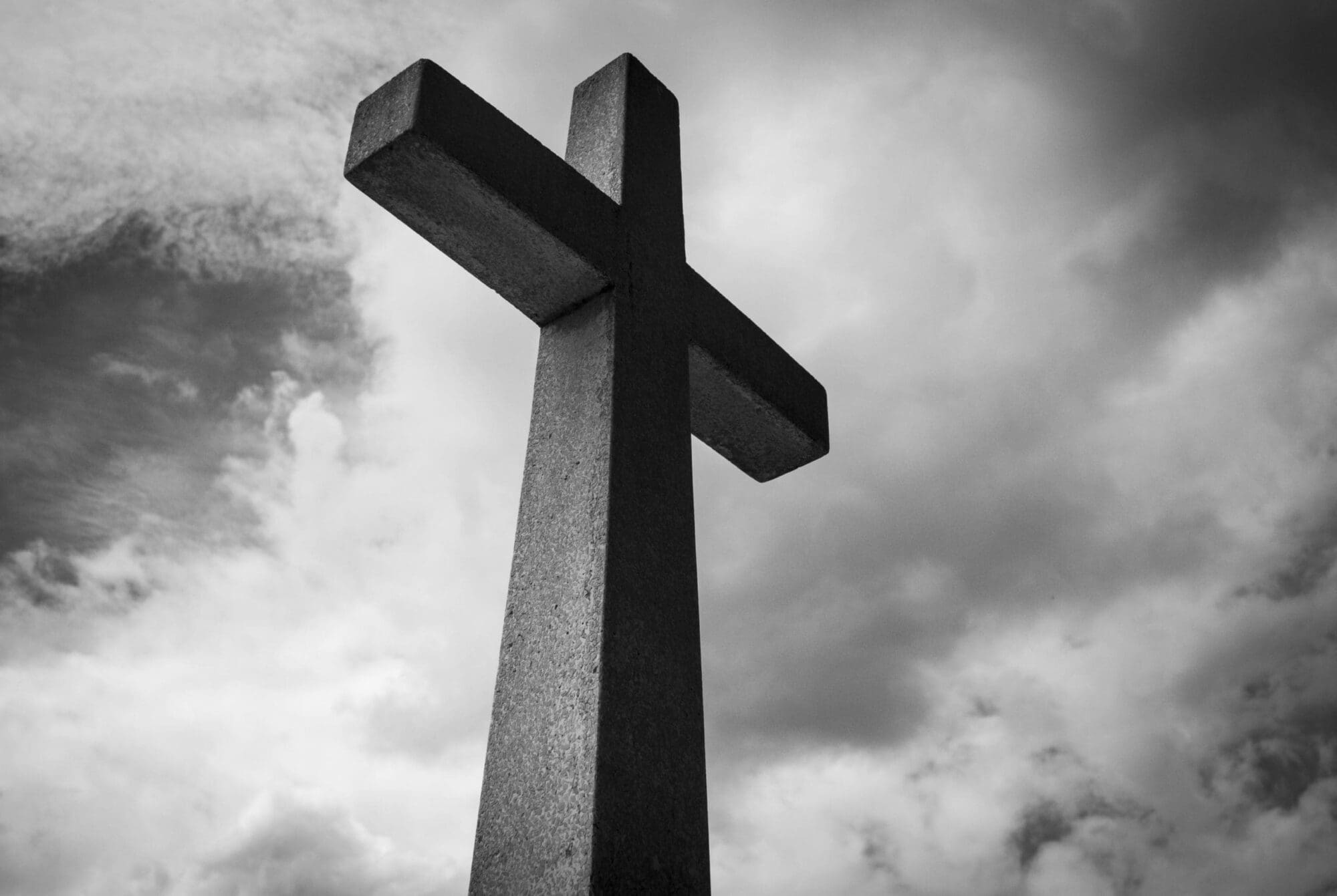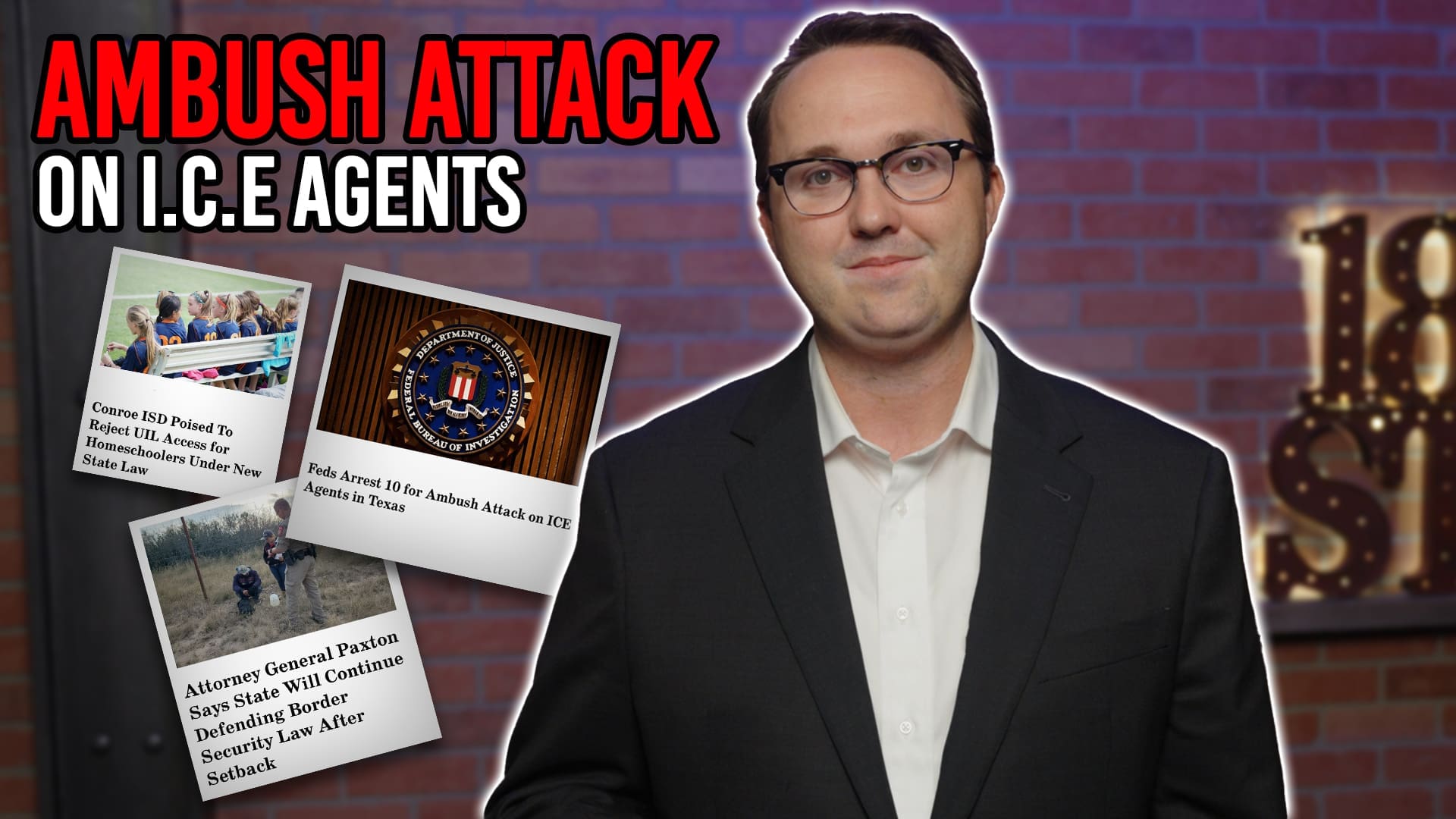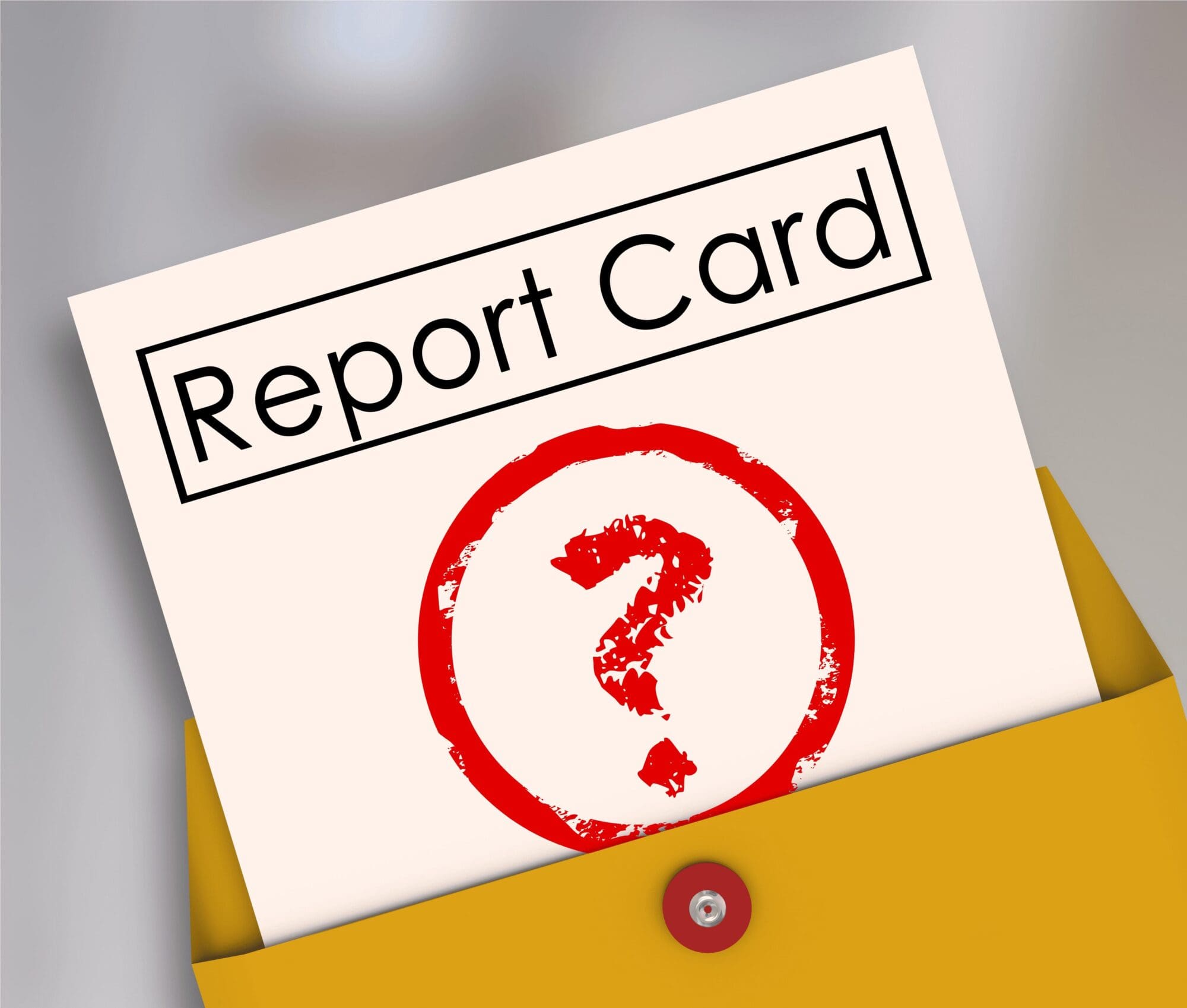The city of Brownsville is proposing a new tax rate which is above the “effective” tax rate and would amount to a tax hike for property taxpayers.
The “effective” tax rate, also known as the “no-new-revenue” rate, is the rate at which a taxing entity will acquire about the same revenue as the previous year. It adjusts from year to year to reflect changes in property value. In Brownsville, their “effective” rate is at about 0.66 cents per $100 valuation. But the current rate, and the rate that is being proposed, is 0.700613 cents per $100 valuation, a 5.63 percent tax increase over the effective rate.
The City argues they are simply keeping the same tax rate as the previous year. Though that may appear to be true at first glance, when local taxing entities do not lower their tax rates to offset rising property values from appraisal, it amounts to higher property tax bills. Since 2015, existing property value has steadily risen, with a massive spike from 2018–2019 with a 4.91 percent increase in assessed value. Since 2012, the city has seen a $1.74 billion increase in the property tax roll.
The average home value this year increased to $97,463 from last year’s $93,470. Were the city to adopt the current tax rate for 2020, that average homeowner will see about a $38 increase on their tax bill.
Earlier this year, state legislators passed Senate Bill 2, which lowers the rollback rate to 3.5 percent as opposed to the current 8 percent. It also sets in place an election trigger—when local taxing entities propose a property tax rate above 3.5 percent, voters must approve the tax hike. However, that legislation does not go into effect until next year.
If SB 2 had already gone into effect, the current tax rate of 0.700613 would be above both the effective rate and the 3.5 percent cap. This gives the appearance that Brownsville city officials are rushing to generate as much revenue as possible without triggering an election—while they still can.
A public hearing where citizens can discuss the tax rate with city officials will be held at city hall on Tuesday, September 3, at 6 p.m.
